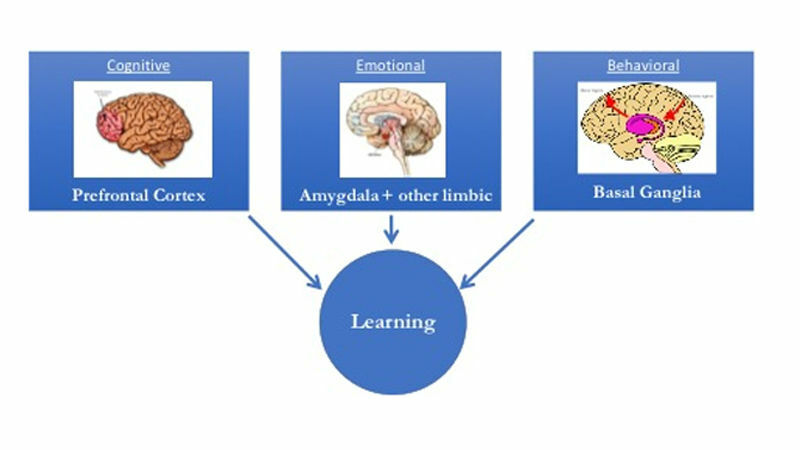Understanding Your Organization’s AI Maturity: A Roadmap to Transformation


I just read an interesting article by Michael J. O’Brien from Human Resource Executive, with observations from John Arendes, Vice President and General Manager of Global Compliance at Skillsoft. The article asks the question, “Will Sephora’s One-Hour Diversity Training Pay Off?”
The article offers a commentary on Sephora’s decision to close all of its stores so that its 16,000 employees can undergo a 1-hour diversity-training workshop. A great cause, but will it be effective?
Michael and John make 3 important points:
This tragic incident at Sephora reminded me of a similar incident about one year ago at Starbucks. I commented then, and I want to comment now.
Like Michael and John, I applaud Sephora for being proactive in addressing this topic. The lack of understanding of unconscious biases and other issues surrounding diversity, and how they affect our actions and behaviors, is an important issue to remedy. We need to embrace and celebrate diversity, not be afraid of it.
In the remainder of this blog, I want to briefly touch on the psychological and neuroscience support for the effectiveness of scenario-based video training, and ongoing training that John alluded to in the article.
Scenario-based video offers an effective training tool for diversity, and many other tasks because it broadly engages cognitive and emotional learning centers in the brain. Traditional approaches to training engage only the cognitive system that is limited by working memory and attentional capacity constraints. Emotional learning enhances cognitive processing by drawing the learner in and allowing the learner to see themselves in the training scenarios. Learners often report a sense of “walking a mile in someone else’s shoes”. The combination of cognitive and emotional brain activation speeds learning, enhances long-term retention, and primes the learner for meaningful behavior change. For more details, please read the article I wrote for Chief Learning Officer, The Brain Science Behind Scenario-Based Microlearning.

Ongoing training is also critical because the brain is hardwired to forget. What is learned to perfection today will be lost in a week or two. This is the predicament for Sephora and any other organization addressing training issues around diversity. One hour of training using traditional approaches that engage only cognitive brain regions will remain in the brain for a few days before it is forgotten. One hour of scenario-based training that engages cognitive and emotional centers will last longer, but even that training will ultimately be forgotten. The key finding from the neuroscience of learning research is that you must provide continuous, preferably spaced, training for knowledge to be transferred from short-term memory in the prefrontal cortex to long-term memory in the medial temporal lobes and hippocampus. For more details, please read the article I wrote for Tech Trends, Immersive Training for Retention.
If you combine scenario-based video training with ongoing, spaced training, then you have an effective solution that will "Train for Retention".
Although I applaud Sephora and other organizations who are willing to support diversity training, the neuroscience is clear in showing that the training medium needs to broadly engage multiple learning centers in the brain (like scenario-based video), and that training must be ongoing and spaced over time.
Todd Maddox, Ph.D. is the founder and CEO at Cognitive Design and Statistical Consulting and a Learning Scientist/Research Fellow at Amalgam Insights Inc. Follow him on Twitter @wtoddmaddox
We will email when we make a new post in your interest area.

